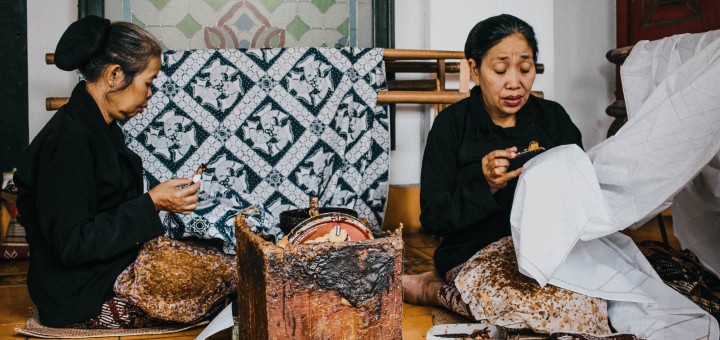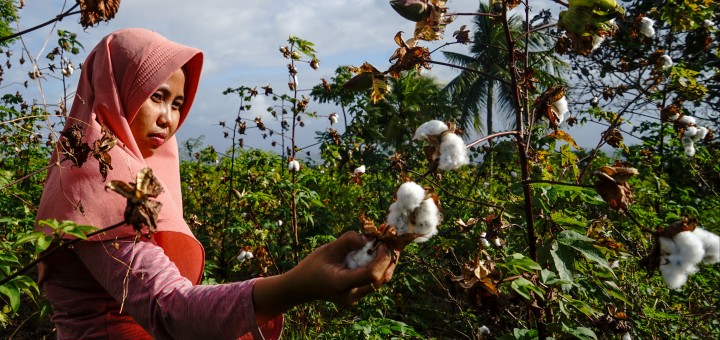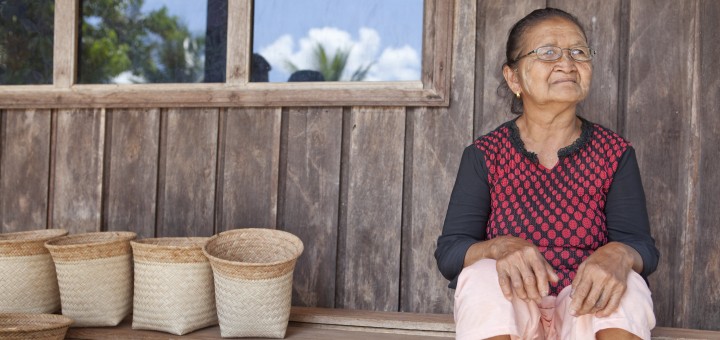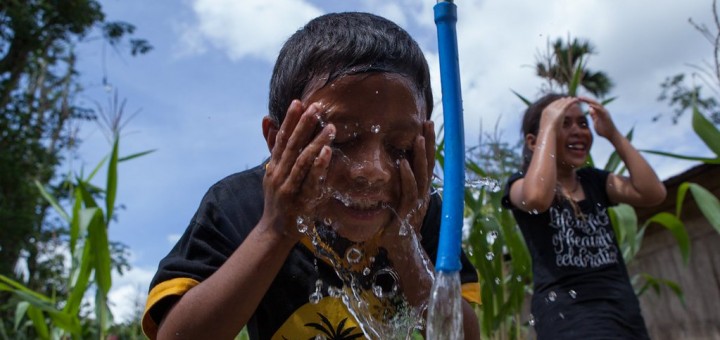In Indonesia there are different types of societies: societal organizations with legal entity status and without legal entity status. The Law 17 (2013) regarding societal organizations (Organisasi Kemasyarakatan), was originally enacted to reinforce the role of the Ministry of Home Affairs to regulate CSOs. It stipulates a set of obligations and prohibitions for societal organizations. Violations of such provisions might lead to the dissolution of CSOs. Also, this Law contains several provisions for excessive bureaucratic controls over international CSOs, that threaten the principle of freedom of association. On the other hand, some societies have no legal entity status. This is due to the fact that philanthropy is still widely misunderstood and is often associated with traditional charity or corporate social responsibility.
Philanthropic acts in Indonesia are connected to islamic 'Zakat', compulsory giving of a set proportion of one's wealth to charity. These are most likely to go unreported. The lack of data on both the giving and receiving end leads to unstructured, ad-hoc and uneven distributed funding.




